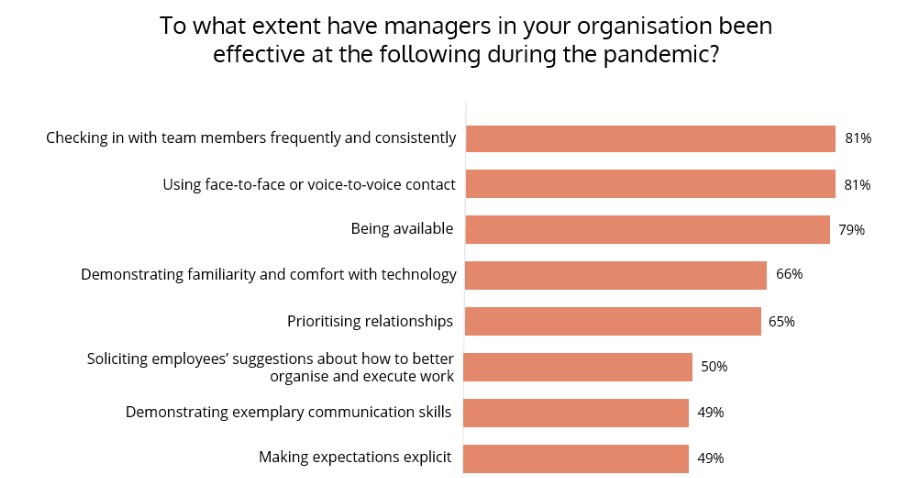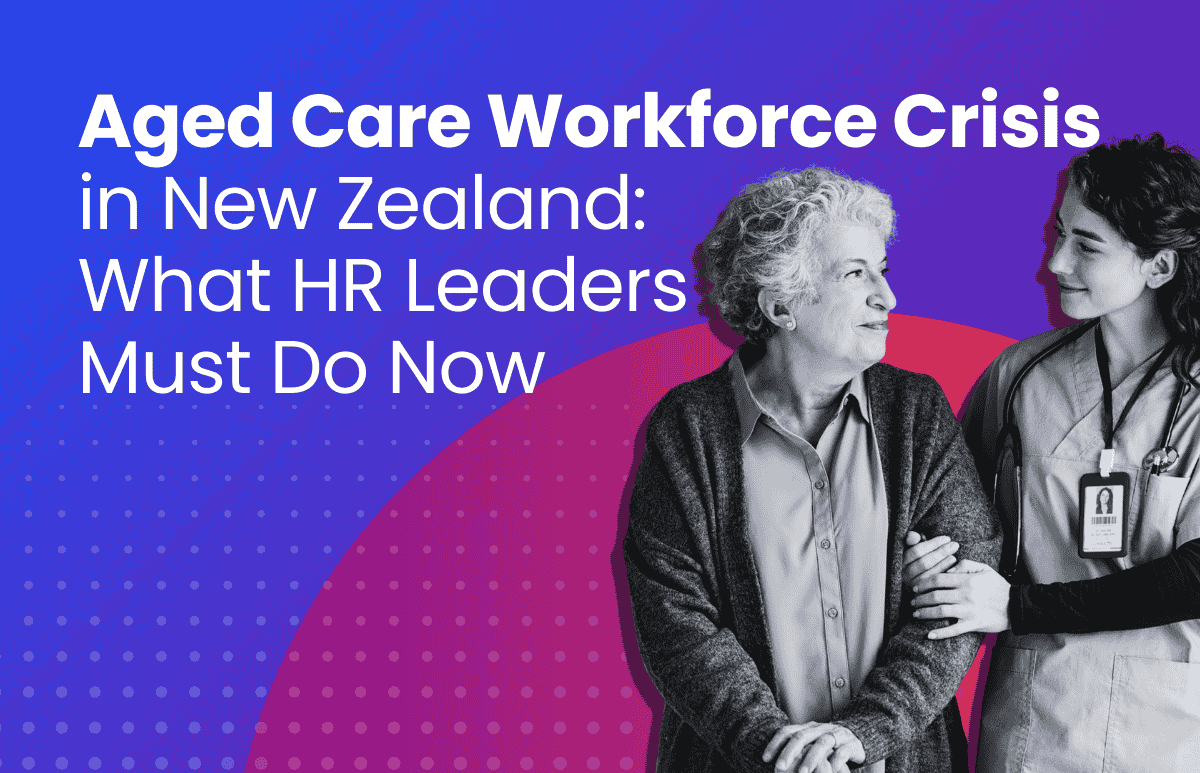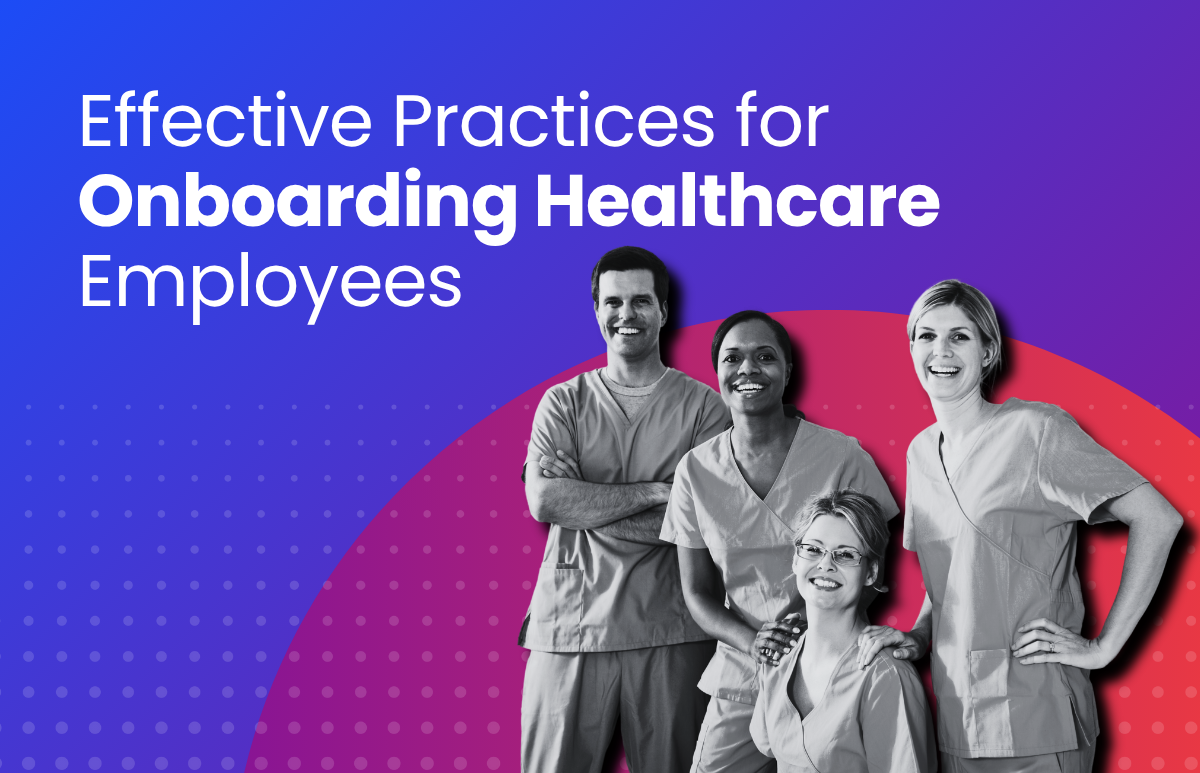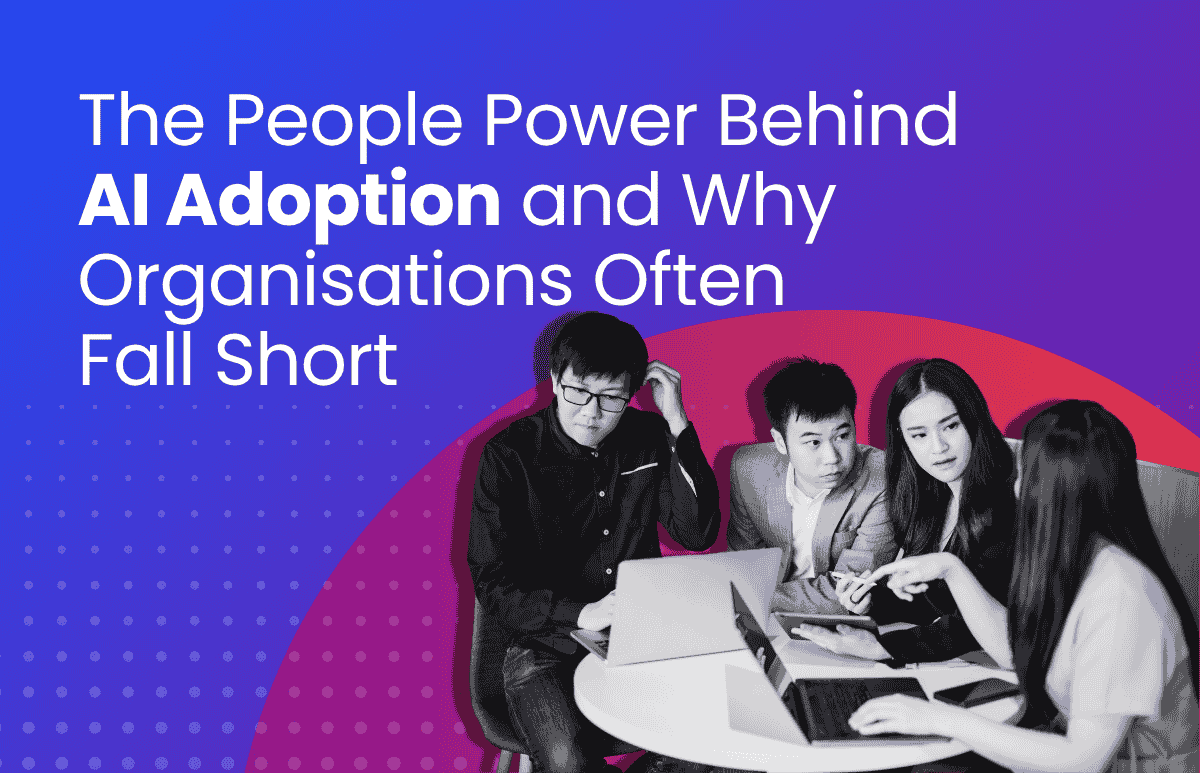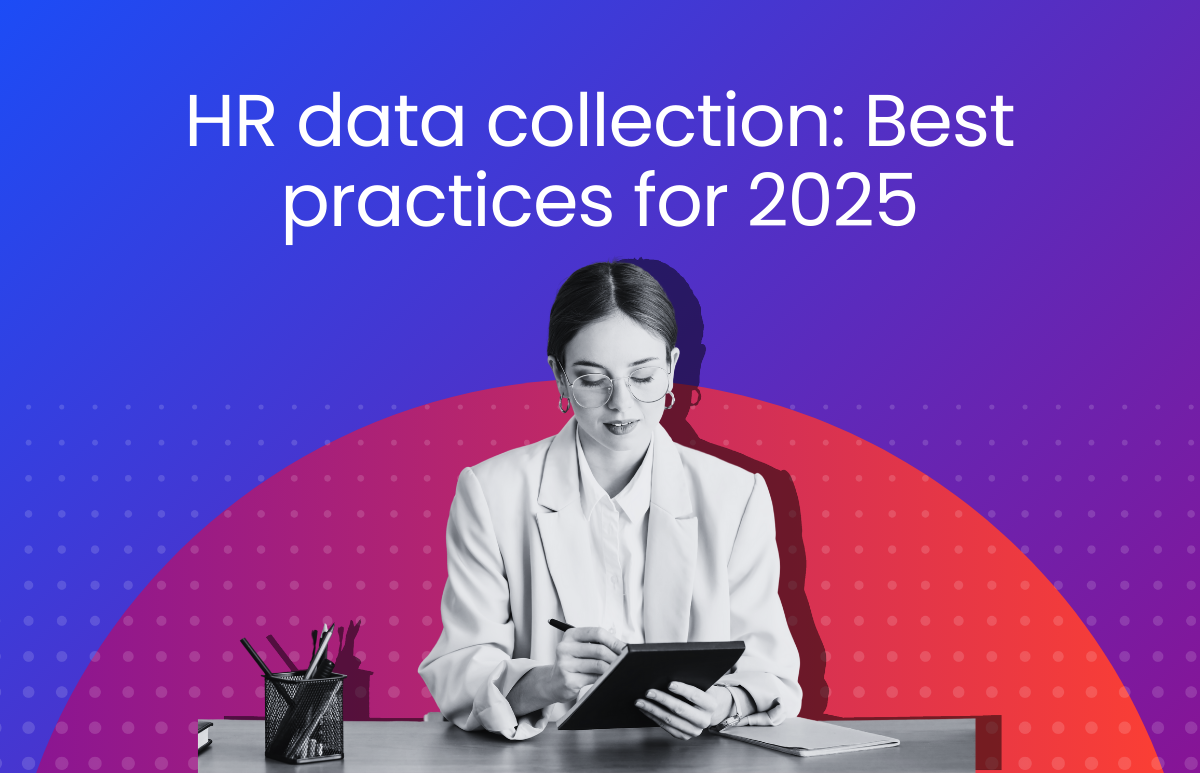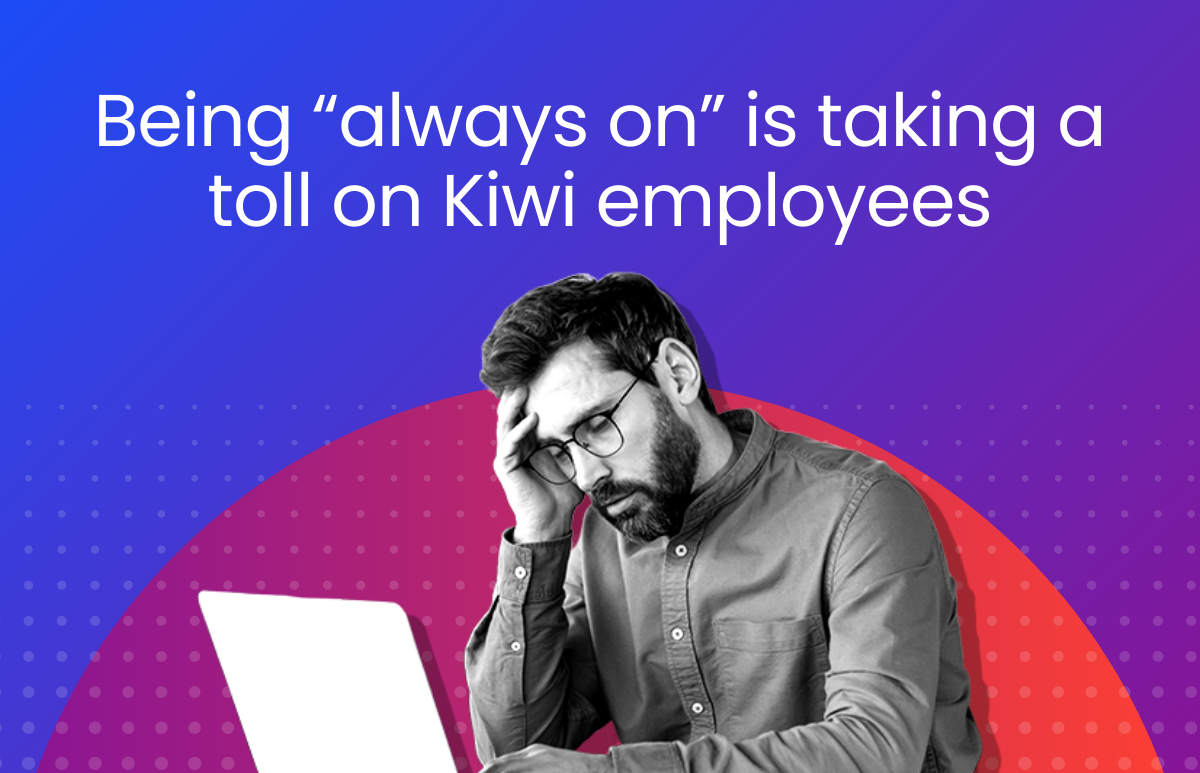HR’s silver lining in a game-changing year

The HR function has evolved over recent decades; its evolution reflects changes in business operations and shifts in the dynamics between employers and employees. Today, due to COVID-19, the role of HR has undergone its most dramatic reinvention yet – but for the better.
HR personnel have, for a long time, been perceived as those who deal with the “soft and fluffy” aspects of business: people’s problems, emotions, needs, ideas, etc. They don’t deal with hard numbers and fundamental business operations. Right? Wrong.
HR has been proven to be a core, foundational component of countless organisations, and without a high performing HR department many organisations would not – and will not – survive the pandemic. An article in The Economist summed up HR’s role: “In a pandemic, a chief people officer can make or break a company”. [1] Indeed, HR’s role during the pandemic has been likened to the role of CFOs during the Global Financial Crisis – in other words, HR has been indispensable.
This is because COVID-19 has exacerbated so many existing challenge and pressures, as well as creating new ones. For HR, the workload has increased tenfold. HR personnel are dealing with people’s (now larger) problems en-masse while navigating drastic workplace shifts and altering fundamental business policies, all to keep people safe and the business afloat. And they are certainly dealing with the numbers. Metrics and analytics are increasingly becoming the bedrock of the HR function.
COVID-19 has elevated the role of HR, so in a strange way it has been a positive experience for the HR profession. Sarah McCann-Bartlett, CEO of the Australian HR Institute (AHRI), recently spoke to PeoplePod, an ELMO podcast about how HR professionals have had to rise to the challenge since the Coronavirus outbreak. “They’ve had to use their whole toolkit,” says McCann-Bartlett. “They’ve considered things like employee wellbeing, industrial relations, all of the new legislation, training, online delivery – you name it, HR has had to do it. It’s reinforced HR’s role in business and how pivotal that role is.”
HR guru Josh Bersin argues that the pandemic has been the best thing to happen to the workforce, in relation to greater transparency and trust between employers and employees. He cites research which found that 90% of companies believe their culture has improved; 83% say their employee experience is better; and 84% report that employee engagement has increased.[2]
According to Bersin, it’s HR that is responsible for these positive changes – they have facilitated better employee-employer relationships via communication, more frequent manager check-ins, enhanced (virtual) face-to-face interaction, and training – all the while ensuring that engagement and productivity did not dip. The graph below looks at how perceptions of several facets of talent management have improved.
The results show that, indeed, managers are conducting more regular check-ins with team members, harnessing technology to stay in touch face-to-face/voice-to-voice and are being more available.
The bar has been raised high for HR – and it will remain high. For example, McCann-Bartlett recognises that with more flexible work arrangements, there will be a greater need for a focus on employee health and wellbeing, including mental health wellbeing. She adds that this is a significant challenge because there is no one size fits all solution; each business and each individual will have different needs because the crisis has impacted everyone in different ways.
For McCann-Bartlett, it’s important that HR get the recognition they deserve from other senior executives. “They’ve had a huge effect and influence on how decisions are made,” she notes. “The biggest leaning [from COVID-19] might have been the leadership team really understanding the value of having a professional HR person and learning from them.”
Going forward, when the pandemic subsides, some form of “new normal” will prevail in the workplace. HR must continue to piece the workforce back together and sew up the tears. This task will involve creating long-term remote working policies that are sustainable and work for every individual; unifying teams that have been dispersed for long periods; harnessing innovation and creativity; enhancing performance management; championing employee learning and development to address skill gaps and increase retention; ensuring employees’ voices are heard; and following through on organisational promises and values.
For many organisations, the pandemic has been the catalyst for a better way of working. It has forced HR professionals to strip back to basics and focus on what’s important, and from there build stronger, more sustainable business processes for the future. It’s often said that from crisis comes opportunity – and this current crisis may present the greatest opportunities yet for the HR profession.
Listen to Sarah McCann-Bartlett’s full interview on ELMO’s new podcast, PeoplePod. In the interview, she talks about the lessons we have learnt from COVID-19 and how it has changed the workplace for good; how she wants to rebrand the term “soft skills” to “essential skills”; and the importance of harnessing curiosity and creativity when thinking about your customers. Listen to the full episode here.
[1] “The Coronavirus Crisis Thrusts Corporate HR Chiefs into the Spotlight”, The Economist, 24 March, 2020
[2] “COVID-19 May Be the Best Thing that Ever Happened to Employee Engagement”, Josh Bersin, April 2020
 HR Core
HR Core 